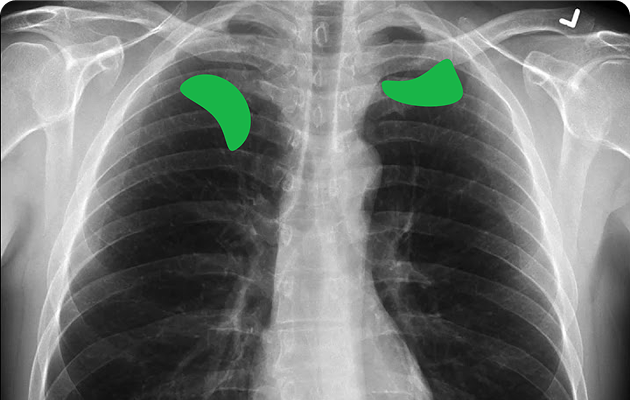
























Bounding box annotation for healthcare involves marking rectangular regions around areas of interest in medical images, such as tumors, organs, or anomalies. This technique is essential for training AI models in diagnostics, medical imaging analysis, and automated healthcare solutions.
Segmentation for object classification in healthcare involves precisely outlining and labeling regions in medical images, such as organs, tissues, or abnormalities. This advanced technique enables AI models to perform accurate diagnostics, enhance image analysis, and support personalized treatment planning.

Yes, it is! No credit card is required to use Unitlab. You can use the Unitlab tool for free forever as long as you stay within the set limits. However, for more extensive use, Unitlab offers a subscription model. This model's pricing is customized to your organization's specific usage, data requirements, and any extra services you might need, like our advanced labeling solutions. To get a tailored quote and further information, please connect with our sales team.
Yes, you can start working with a Free Plan and then change plans in the future as you evaluate which is best for you.
Data Labeling Services start at just $0.02 per image. The base price depends on the types of data annotation, the number of classes, and the average number of objects to annotate per image.
Unitlab offers a range of scalable On-Premises solutions! Contact Us to discuss your requirements. You can purchase Unitlab's On-Premises solution after consulting with us. We help you install our entire annotation system in your workspace.